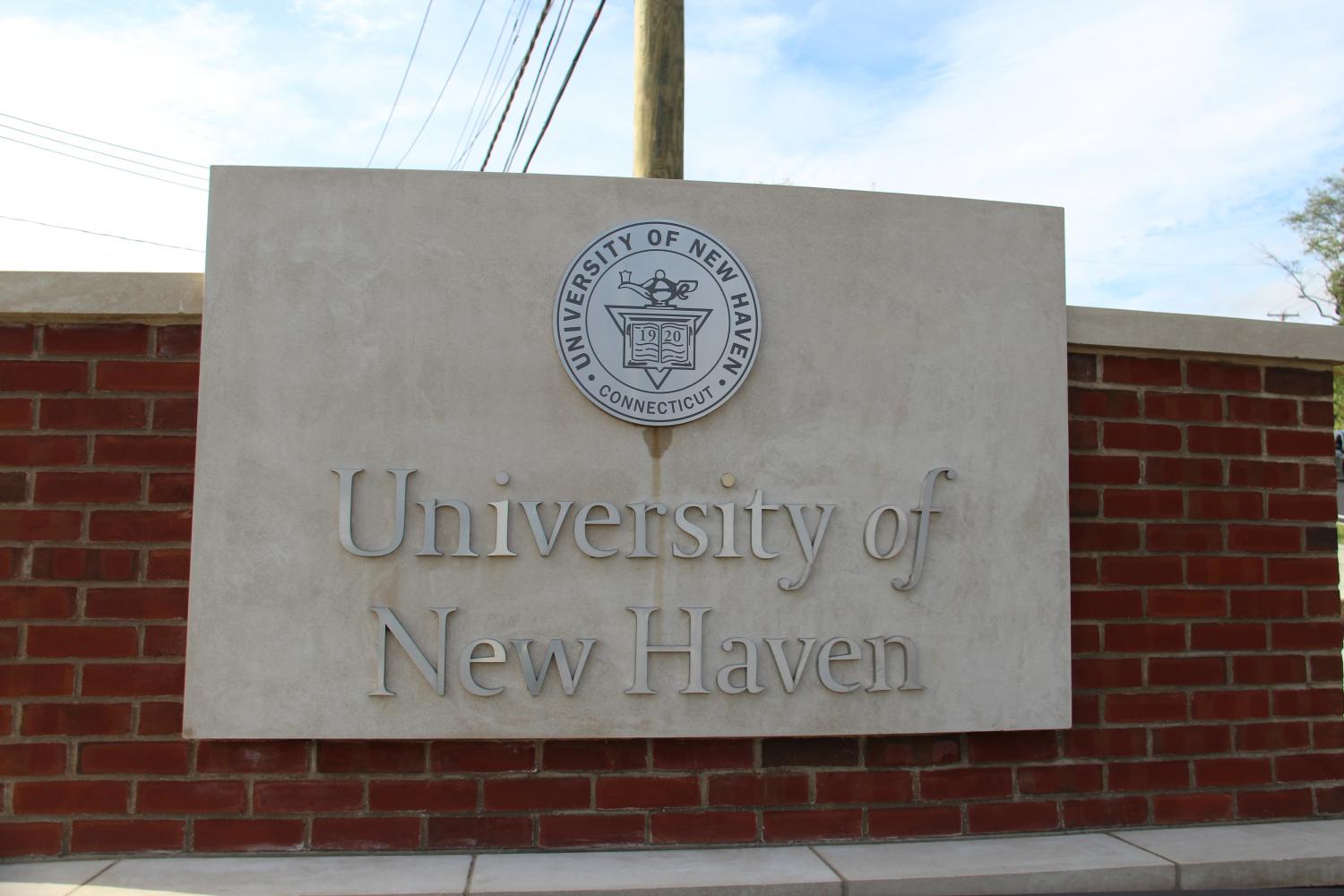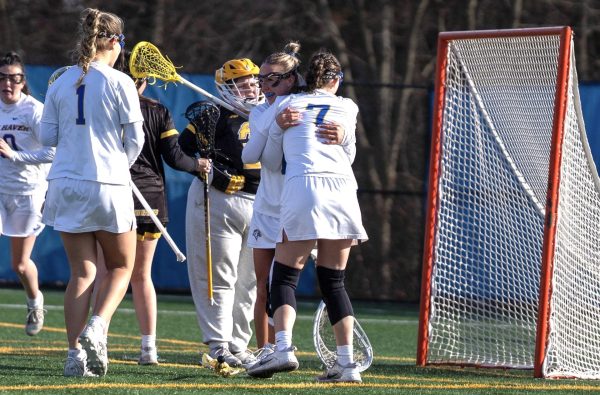Coalition Calls for University to End Saudi Arabia Partnership
A letter addressed to President Steven Kaplan and Dean Mario Gaboury calls for the University of New Haven to end its partnership with the King Fahd Security College in Riyadh, Saudi Arabia, citing human rights violations.
The letter, authored by Stanley Heller and signed by over 40 activists, politicians (including former Green Party presidential candidate Jill Stein), and professors, outlines reasons why the university should end it’s venture overseas, including human rights violations and military aggression towards Yemen.
“No university should offer the government of the [Kingdom of Saudi Arabia] any security assistance especially in those specialties which help it commit grave violations to persons’ basic rights and well-being,” the letter says.
The authors of the letter believe that the program at the Saudi Arabian school will only help to bolster an already oppressive regime.
“UNH is specifically going to create a curriculum specialization in ‘homeland security’,” the letter says. “With a regime that sees all dissent as illegitimate, UNH staff will unavoidably be helping the regime stamp out movements for democracy.”
The group sponsoring the letter is The Coalition to End the U.S.-Saudi Alliance, founded in 2015 to “protest U.S. cooperation and arms sales to the Saudi absolute monarchy.”
Although, it does not address the concerns of human rights violations pointed out in the letter, the University of New Haven provided the following statement in response:
“The University of New Haven’s Henry C. Lee College of Criminal Justice and Forensic Sciences and the King Fahd Security College (KFSC) in Riyadh, Kingdom of Saudi Arabia have a partnership to develop a new Bachelor of Science in Security Studies program to be delivered at the King Fahd Security College.
This partnership enhances cross-cultural dialogue at a time when it is more important than ever to exchange ideas. It also enhances joint efforts to prevent terrorism and radicalization while addressing security challenges in the region and the world. We believe that our work and partnership helps to facilitate cross cultural understanding and supports important progress in the country and the region.
There is no coursework on any of the topics mentioned in the letter submitted by the End US-Saudi Alliance.”
Heller said in a press release that “UNH should not be assisting Saudi security services in any way.”

Glenn Rohrbacker is a junior at the University of New Haven studying communications with a concentration in journalism and minors in Political Science...












Stanley Heller • Sep 25, 2017 at 6:20 pm
The near 50 of us who signed the letter have not gotten any reply from the administration, but I’ll respond to the statement the UNH press spokesperson gave to the media on 9/22.
1) Given its long and serious record of human rights violations and its war in Yemen there should be no cooperation of any kind with the Saudi absolute monarchy. 2) UNH has set up a four year program at this King Fahd police college. How much of it can be “cross-cultural dialogue”? 3) You say that none of the curriculum will help Saudi police track dissidents, feminist gays, Shia, Christians, etc. Then please publish the “Security Studies” curriculum, the course titles and their descriptions. 4) You say that one goal of the program is to “prevent terrorism and radicalization”. No doubt there are terrorists in Saudi Arabia. The problem is that the regime also considers all dissent terrorism. For example in 2014 NRP reported that a woman was referred to Terrorism Court for driving. 5) Our concern about giving aid to Saudi police mirrors that of the British organization Reprieve which objected to a plan in 2016 for the British “College of Policing” to train Saudi police 6) Amnesty International says “torture and ill treatment” are common in the KSA. How can UNH help in arrests under those circumstances? 7) Why don’t we have a joint forum on campus about this? We can invite several speakers and your Henry C. Lee college could invite their own speakers, perhaps representatives of the Saudi government